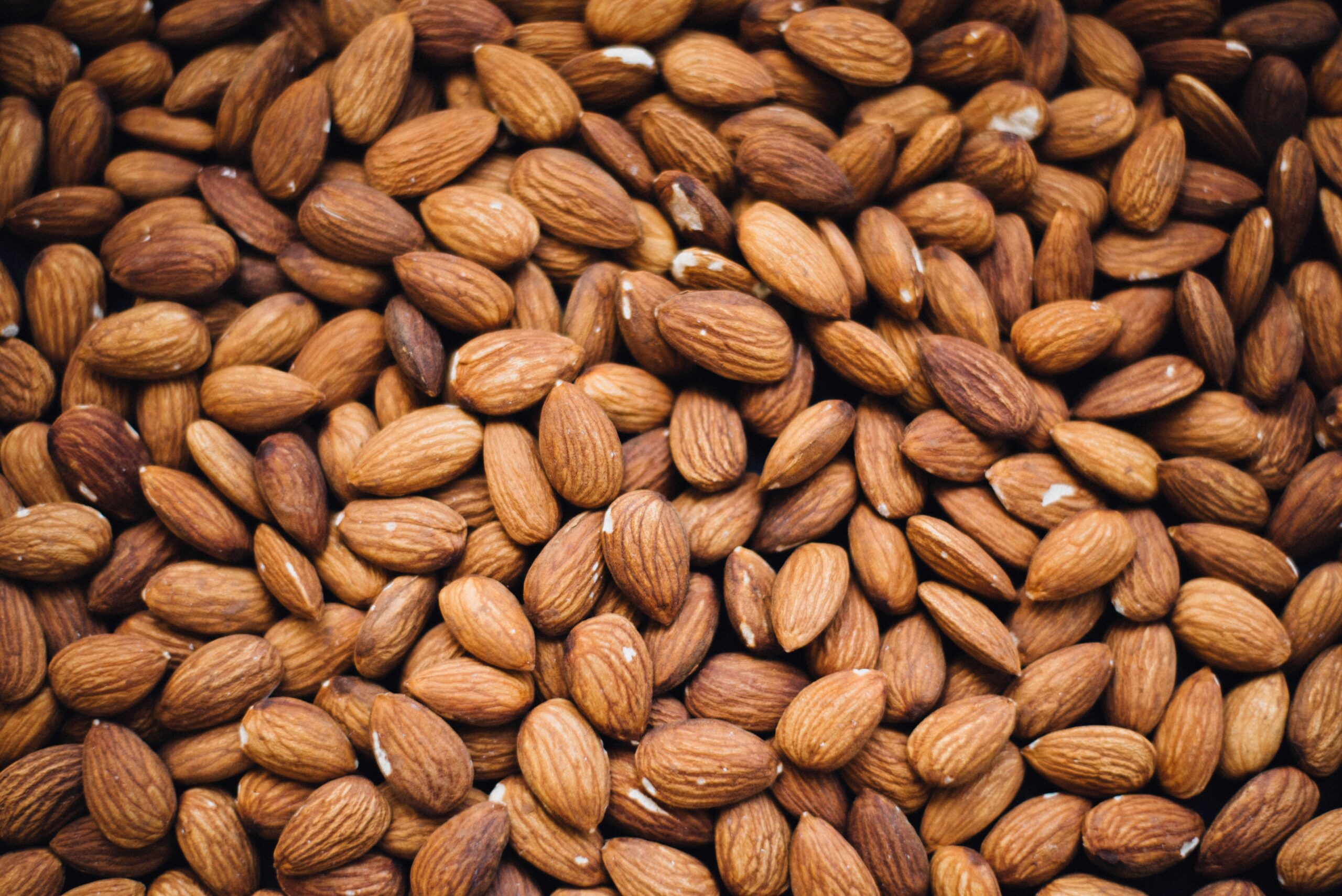Are you curious about the potential benefits of the keto diet on respiratory conditions? In this article, we explore the fascinating connection between the keto diet and respiratory health. Discover how this low-carb, high-fat diet may provide relief and support for individuals living with respiratory conditions. From its ability to reduce inflammation to its potential impact on oxygen utilization, you’ll gain a better understanding of the potential benefits this dietary approach may offer. Let’s dive in and explore the exciting possibilities together.

What is the Keto Diet?
Brief overview of the Keto diet
The Keto diet, short for Ketogenic diet, is a high-fat, low-carbohydrate eating plan that has gained popularity in recent years. It involves drastically reducing carbohydrate intake and replacing it with healthy fats. This diet aims to put the body in a state of ketosis, where it relies primarily on fat for fuel instead of carbohydrates. By restricting carbohydrates, the body switches its energy source from glucose to ketones, which are produced from the breakdown of fat in the liver.
Components of the Keto diet
The Keto diet typically consists of 70-80% of calories from fat, 5-10% from carbohydrates, and 10-20% from protein. This means that a significant portion of daily calories comes from sources like meat, fish, eggs, dairy, nuts, seeds, and healthy oils. On the other hand, foods high in carbohydrates, such as grains, starchy vegetables, and sugars, are limited or avoided altogether.
How the body responds to a Keto diet
When you adopt a Keto diet, your body undergoes significant changes in how it metabolizes and utilizes energy. By drastically reducing carbohydrate intake, blood sugar levels stabilize, and insulin secretion is minimized. This leads to a reduction in the production of fatty acids and an increase in the breakdown of stored fat.
As the body enters ketosis, it begins to use ketones as the primary source of energy. This process can lead to weight loss, improved insulin sensitivity, and increased satiety. However, it is important to note that the Keto diet is not suitable for everyone and should be approached with caution, especially if you have existing health conditions or are taking certain medications.
What are Respiratory Conditions?
Definition and description of respiratory conditions
Respiratory conditions refer to a wide range of diseases and disorders that affect the lungs and the respiratory system as a whole. These conditions can affect the upper respiratory tract (nasal passages, throat) or the lower respiratory tract (trachea, bronchi, lungs). They can be acute or chronic, and they vary in severity from mild to life-threatening.
Different types of respiratory conditions
There are numerous respiratory conditions, each with its own unique characteristics and impact on respiratory health. Some common examples include asthma, chronic obstructive pulmonary disease (COPD), pneumonia, bronchitis, and allergies. These conditions can result in symptoms such as shortness of breath, wheezing, coughing, chest tightness, and difficulty breathing.
Impacts of respiratory diseases on an individual’s health
Respiratory conditions can significantly impact an individual’s health and quality of life. They may lead to reduced lung function, decreased physical activity, impaired sleep, and increased susceptibility to respiratory infections. In severe cases, respiratory conditions can result in hospitalization and even mortality. Therefore, it is crucial to manage and improve respiratory health to maintain overall well-being.
Link Between Diet and Respiratory Health
Overall importance of diet for respiratory health
Diet plays a crucial role in maintaining respiratory health. Nutrient-rich foods provide the essential vitamins, minerals, antioxidants, and anti-inflammatory compounds needed for optimal lung function and overall well-being. A balanced diet supports the immune system, helps reduce inflammation, and enhances the body’s ability to fight respiratory infections.
How diet impacts lung function and breathing
Certain nutrients and dietary patterns have been found to directly impact lung health and breathing. For example, consuming a diet rich in fruits and vegetables has been associated with a lower risk of developing respiratory diseases. On the other hand, diets high in processed foods, sugar, and unhealthy fats have been linked to an increased risk of respiratory conditions.
Specific nutrients beneficial for respiratory health
Some specific nutrients have been found to have a positive impact on respiratory health. Vitamin C, for instance, is a potent antioxidant that helps protect the lungs from oxidative stress. Omega-3 fatty acids, found in fatty fish and flaxseeds, have anti-inflammatory properties that can help reduce lung inflammation. Magnesium, found in nuts, seeds, and leafy greens, is essential for proper lung function and muscle relaxation.
Scientific Research on Keto Diet and Respiratory Health
Relevant research studies
While the majority of research on the Keto diet has focused on its effects on weight loss and metabolic disorders, there is a growing body of scientific literature examining its impact on respiratory health. Several studies have explored the potential benefits of a Keto diet for respiratory conditions such as asthma, COPD, and allergies.
Outcomes and conclusions drawn from these studies
Some studies have shown promising results regarding the use of a Keto diet for respiratory conditions. For instance, a study published in the Journal of Asthma found that a low-carbohydrate, high-fat diet improved symptoms and lung function in individuals with asthma. Another study published in the journal Chest demonstrated that a low-carbohydrate diet reduced airway inflammation in patients with COPD.
Limitations of current research
Despite the positive outcomes observed in some studies, it is important to acknowledge the limitations of current research on the Keto diet and respiratory health. Most studies have been conducted on small sample sizes and over short durations, making it challenging to draw definitive conclusions. Furthermore, the effects of a Keto diet may vary depending on individual factors such as age, gender, and baseline health status.

Mechanism of Keto Diet Impacting Respiratory Conditions
The role of Ketosis in respiratory health
One proposed mechanism by which the Keto diet may impact respiratory conditions is through the induction of ketosis. Ketones, the byproducts of fat metabolism, have been shown to have anti-inflammatory and antioxidant effects, which can help reduce inflammation in the respiratory system. Additionally, the shift to ketosis may improve cellular energy production and promote overall lung health.
The effect of low carbohydrate diets on breathing
Low carbohydrate diets, such as the Keto diet, have been associated with changes in breathing patterns. Some individuals have reported increased depth and frequency of breathing, while others have experienced a decrease in respiratory rate. These changes may be influenced by factors such as increased fat utilization for energy and improvements in respiratory muscle function.
Inflammation reduction and its impacts on respiratory conditions
Inflammation plays a significant role in the development and progression of respiratory conditions. The Keto diet has been shown to reduce overall inflammation in the body, which may benefit individuals with respiratory diseases. By minimizing systemic inflammation, the Keto diet may help alleviate symptoms and improve lung function in those affected by respiratory conditions.
Benefits of the Keto Diet for Respiratory Conditions
Weight loss and its impact on respiratory health
One of the primary benefits of the Keto diet is its potential for weight loss. Excess weight can put strain on the respiratory system, leading to breathing difficulties and decreased lung capacity. By promoting weight loss, the Keto diet may help ease the burden on the lungs and improve overall respiratory health.
Improved lung function
Some studies have suggested that a Keto diet may improve lung function in individuals with respiratory conditions. For example, a study published in the journal Respiratory Physiology & Neurobiology found that a low-carbohydrate, high-fat diet improved lung function parameters in individuals with COPD. These improvements may result from the anti-inflammatory and antioxidant effects of the Keto diet.
Reduced symptoms for specific respiratory conditions
In addition to improved lung function, a Keto diet may also help alleviate symptoms associated with specific respiratory conditions. For instance, individuals with asthma or allergies may experience a reduction in symptoms such as wheezing, coughing, and shortness of breath. However, it is important to note that the effects of the Keto diet may vary among individuals, and it should not replace standard medical treatment.

Possible Risks and Side Effects of the Keto Diet
Potential adverse effects of the Keto diet
While the Keto diet can have potential benefits for some individuals, it is not without its risks and side effects. Common side effects include fatigue, headache, constipation, and nutrient deficiencies. Additionally, some individuals may experience an increase in LDL cholesterol levels, which may raise concerns regarding cardiovascular health.
How these side effects could influence respiratory health
The side effects of the Keto diet, such as fatigue and nutrient deficiencies, could potentially impact respiratory health. Fatigue may make it challenging for individuals to engage in physical activity, which is essential for maintaining lung health. Nutrient deficiencies, particularly in vitamins and minerals, may also compromise immune function and respiratory health.
Ways to mitigate potential side effects
To mitigate potential side effects of the Keto diet, it is important to approach it with caution and seek guidance from a healthcare professional or registered dietitian. Adequate hydration, appropriate electrolyte intake, and regular monitoring of nutrient status can help minimize the risks associated with the diet. Additionally, maintaining a well-rounded, nutrient-dense diet can help address any potential nutrient deficiencies.
Real-Life Cases of Improvement in Respiratory Conditions with Keto Diet
Examples of individuals who witnessed improvement
While scientific research on the Keto diet and respiratory health is still in its early stages, there are anecdotal reports of individuals experiencing improvement in their respiratory conditions after adopting a Ketogenic eating plan. Personal accounts often cite reduced symptoms, improved lung function, and enhanced overall well-being as the primary benefits of the diet.
Anecdotal shreds of evidence
Anecdotal evidence, while not scientifically conclusive, can provide valuable insights into the potential benefits of the Keto diet for respiratory conditions. Many individuals have reported a reduction in asthma attacks, improved breathing, and decreased reliance on medications after incorporating the Keto diet into their lifestyle.
The validity of reported improvements
It is important to exercise caution when evaluating anecdotal evidence, as personal experiences may vary widely. While some individuals may indeed experience improvements in their respiratory conditions with the Keto diet, these improvements may be influenced by various factors, including placebo effects, individual response to dietary changes, and concurrent lifestyle modifications.
Professional Opinions on the Keto Diet and Respiratory Health
Views of dieticians and health professionals
Opinions among dieticians and health professionals regarding the Keto diet and respiratory health are diverse. Some professionals believe that the Keto diet may have potential benefits for individuals with respiratory conditions, particularly in terms of weight management and reducing inflammation. However, others express concern about the restrictive nature of the diet, its potential for nutrient deficiencies, and the need for long-term adherence.
Contrasting opinions within the medical community
Similar to the opinions of dieticians and health professionals, there is not a consensus within the medical community regarding the Keto diet and its effects on respiratory health. Some healthcare providers may recommend a well-planned Keto diet as an adjunct therapy for certain respiratory conditions, while others may advise against it due to concerns about long-term health effects and sustainability.
Most accepted views and their justifications
The most accepted view regarding the Keto diet and respiratory health is that it may have potential benefits for certain individuals, particularly those with specific respiratory conditions. The reduction in inflammation, weight management, and improved lung function observed in some studies suggest that the Keto diet could be a promising therapeutic approach. However, further research is needed to better understand the mechanisms and long-term effects of the diet.
Future Research on Keto Diet and Respiratory Health
Potential areas for future research
While the existing research on the Keto diet and respiratory health is promising, there are several potential areas for future investigation. Long-term studies assessing the effects of a Keto diet on respiratory conditions are needed to understand its safety, efficacy, and sustainability. Additionally, further research on the specific mechanisms by which the diet impacts respiratory health would provide valuable insights.
Projects and studies currently in progress
Several projects and studies are currently underway to explore the link between the Keto diet and respiratory health. These studies aim to investigate the effects of a Keto diet on specific respiratory conditions, assess its long-term safety and compliance, and identify potential biomarkers that may predict an individual’s response to the diet. The results of these ongoing studies will contribute to a more comprehensive understanding of the topic.
The importance of continued investigation into this topic
Given the increasing prevalence of respiratory conditions and the potential benefits of the Keto diet, continued investigation into the link between the two is crucial. A better understanding of how the Keto diet impacts respiratory health could lead to improved treatment strategies and lifestyle interventions for individuals with respiratory conditions. Moreover, it could offer insights into the broader role of nutrition in respiratory health and disease prevention.

